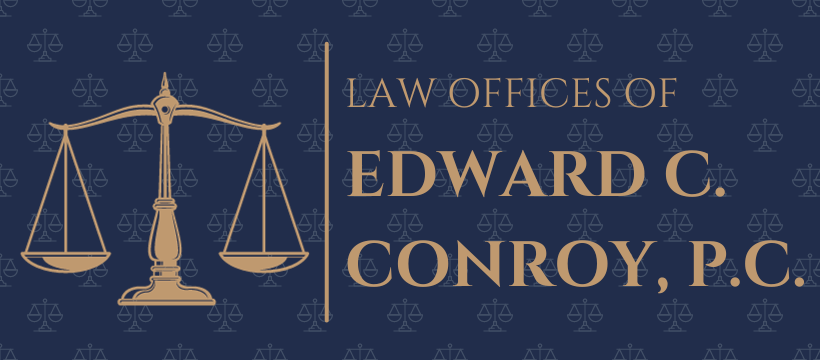Balancing Personal Use and Investment: Tax Tips for Vacation Homes
Q. I recently purchased a vacation home, which I probably will rent out part of the time. What’s the limit on the amount of time I can use the property myself and still treat it as an investment for tax purposes? Also, must I pay taxes on any rental income I earn, even if I rent the property only for a few days?
A. If you rent your vacation home at fair market value for 15 days or more annually, and your personal use does not exceed 14 days or 10 percent of the total rental days (whichever is greater) then the property qualifies as a rental, and you may be able to claim deductions for rental expenses in excess of your rental income.
Your deductions, however, will be subject to the passive loss rules. That means if you earn less than $100,000, you can use up to $25,000 in rental losses to offset other “nonpassive” income. Those deductions are reduced progressively for anyone earning between $100,000 and $150,000, and if your earnings exceed that ceiling, you can use the “passive” losses from your rental property only to offset income from other passive activities.
You could apply any loss on the rental property to income from stocks or other investments, but you could not use the rental loss to reduce taxable income from your job.
As for the calculation of taxable rental income if you rent the property for fewer than 14 days, you don’t have to report the income, but you can’t deduct any of the rental expenses (with the exception of mortgage interest payments and property taxes, which are deductible on a second home).
If you exceed that 14-day rental threshold, then the rental income is taxable, but the expenses also are deductible up to the amount of the rental income and possibly in excess of that, depending on where you fall under the passive loss rules.

